Owning a home in Jamaica is a dream many aspire to fulfill. So, the question arises How Does Mortgage Work In Jamaica? Well, it’s a multi-step process that involves careful planning, financial readiness, and understanding of the mortgage landscape. Let’s dive into the nitty-gritty of securing a mortgage in this Caribbean paradise.
Key Takeaways
- Understanding the mortgage process in Jamaica is crucial for homebuyers.
- Down payment and pre-approval are the initial steps.
- Various documents are required for mortgage application and approval.
- The loan amount and cost are determined by the lender’s underwriting department.
- Closing the deal is the final step in securing a mortgage.
How Does Mortgage Work In Jamaica?
Securing a mortgage in Jamaica involves several steps. First, you need to save for a down payment, which is usually 5-10% of the property’s value. Next, get pre-approved to know how much you can borrow. Finally, find your property, apply for the mortgage, and close the deal.
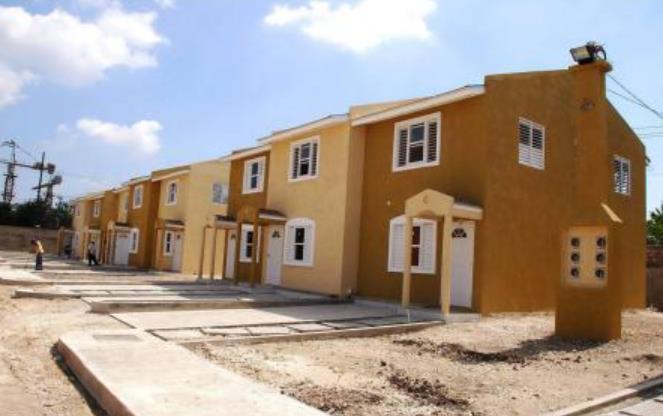
Down Payment
The down payment is often the most challenging part for first-time buyers. It’s advisable to start saving 2-3 years before your property search. Here are some tips:
- Reduce your spending
- Save unexpected cash inflows
- Open a separate account for house savings
Pre-Approval
Getting pre-approved is crucial. It not only gives you an idea of your borrowing limit but also puts you in a better negotiating position. Required documents include:
- Copy of driver’s license
- Birth certificate or passport
- Tax registration number
Choosing a Lender
Different lenders offer various mortgage packages. Research thoroughly to find the one that suits your needs. Look for:
- Interest rates
- Loan tenure
- Additional charges
Loan Application
Once you’ve chosen a lender and property, it’s time to apply. You’ll need to submit several documents, including:
- Personal documents
- Job letter
- Last three payslips
Loan Approval
After application, the lender’s underwriting department evaluates your risk profile and determines the loan amount and cost. Once approved, a Commitment Letter and Offer of Finance are issued.
Closing the Deal
The final step is closing the deal. Once your loan is approved, all that’s left is to complete the closing process, and you’re good to go!
Advanced Insights into Mortgages in Jamaica
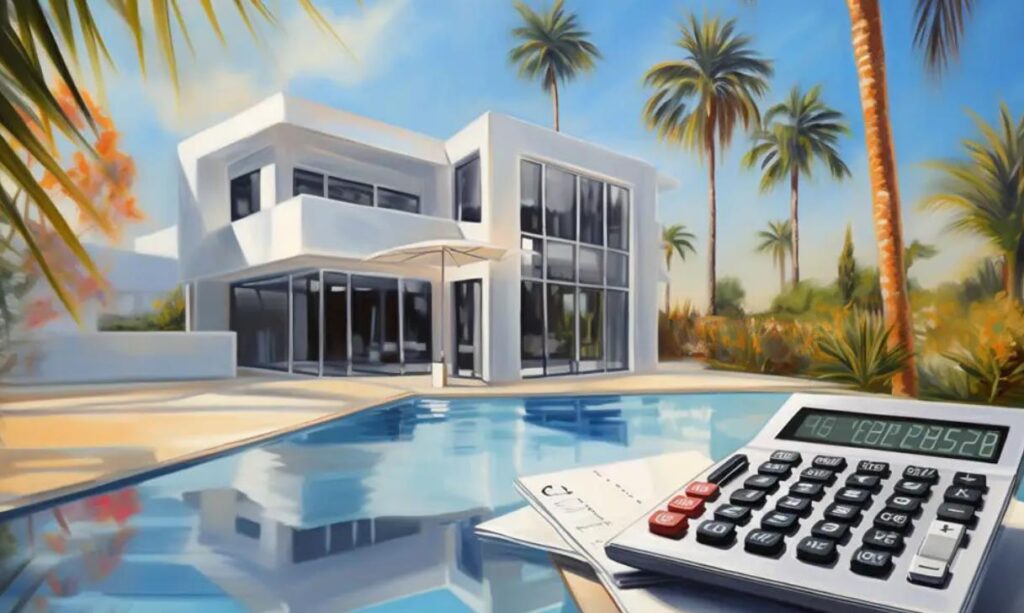
Types of Mortgages in Jamaica
When diving deeper into how mortgages work in Jamaica, it’s crucial to understand the types of mortgages available. The most common types are fixed-rate and adjustable-rate mortgages. Fixed-rate mortgages offer stability as your interest rate remains constant throughout the loan period. This is ideal for those who prefer predictable monthly payments.
Adjustable-rate mortgages (ARMs), on the other hand, have interest rates that fluctuate based on market conditions.
ARMs can be beneficial if you plan to sell the property within a few years. However, they come with the risk of rising interest rates, which could increase your monthly payments.
The Role of Credit Score
Your credit score plays a pivotal role in your mortgage application. A high credit score can not only increase your chances of approval but also get you a lower interest rate.
It’s advisable to check your credit report for any discrepancies and resolve them before applying for a mortgage.
In Jamaica, credit bureaus like CreditInfo provide credit reports that lenders use to assess your creditworthiness. If your score is less than ideal, consider taking steps to improve it, such as paying off debts or correcting errors on your credit report.
Government Schemes
The Jamaican government offers several schemes to assist first-time homebuyers. The National Housing Trust (NHT) is one such initiative that provides financial assistance and various mortgage options. Eligibility criteria often include being a contributor to the NHT and meeting specific income requirements.
Another noteworthy scheme is the “Housing Opportunity Production Employment” (HOPE) program. This initiative aims to provide affordable housing solutions to low-income families. Qualifying for these schemes can significantly reduce your financial burden when purchasing a home.
Mortgage Fees and Additional Costs
Apart from the down payment and interest rates, there are additional costs involved in securing a mortgage. These include processing fees, legal fees, and valuation fees. Some lenders also charge a mortgage insurance premium if your down payment is less than 20% of the property’s value.
It’s essential to factor in these additional costs when calculating your budget. Failing to account for them could lead to financial strain in the long run. Always ask your lender for a detailed breakdown of all costs involved.
Refinancing Options
Refinancing your mortgage is an option you might consider down the line. This involves taking out a new mortgage to replace the existing one, usually at a lower interest rate.
Refinancing can help you save money over the loan’s lifespan but comes with its own set of costs, such as prepayment penalties and new closing costs.
Before opting for refinancing, weigh the benefits against the costs. Consult financial advisors and mortgage experts to determine if this is the right move for you. Keep an eye on interest rate trends and market conditions to make an informed decision.
How To Get A Mortgage In Jamaica?
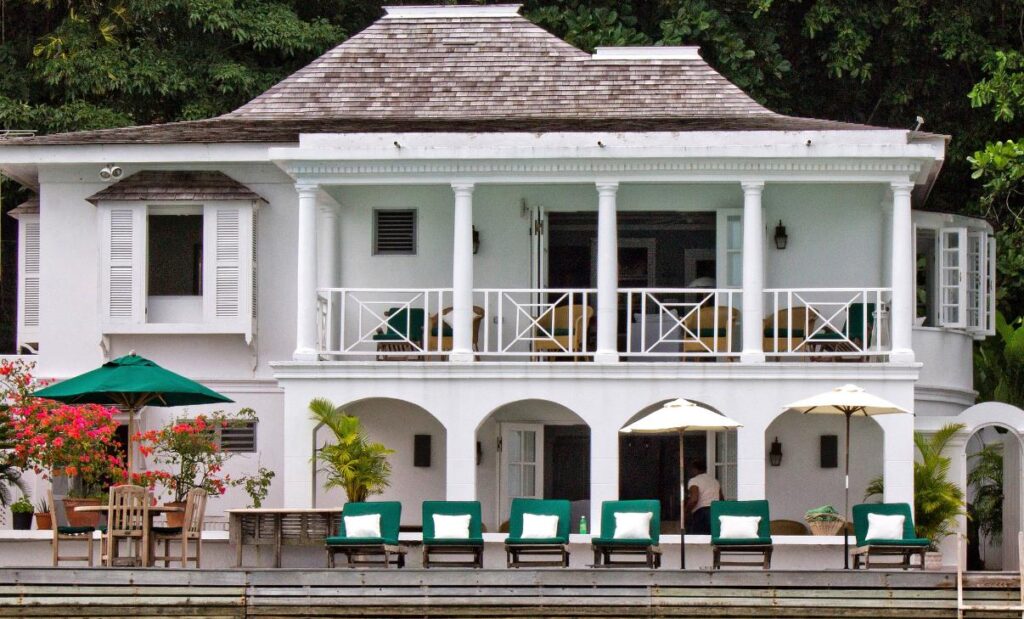
Step 1: Start Saving for Your Down Payment
The first and often most challenging step in getting a mortgage in Jamaica is saving for the down payment. You’ll typically need at least 5-10% of the property’s value.
Start by opening a separate savings account specifically for this purpose. Cut down on unnecessary expenses and consider additional income streams like a side hustle to speed up your savings.
Step 2: Strengthen Your Credit Score
Before you even approach a lender, make sure your credit score is in good shape. A higher credit score not only increases your chances of loan approval but can also get you a lower interest rate.
Check your credit report for any discrepancies and resolve them. Pay off existing debts and ensure you have a clean financial slate.
Step 3: Research Mortgage Lenders
Different lenders offer various mortgage packages. It’s crucial to do your homework and find a lender that suits your needs. Look for competitive interest rates, loan tenure, and any additional charges. Online reviews and recommendations from friends and family can also be helpful.
Step 4: Get Pre-Approved
The next step is to get pre-approved, which will give you an idea of how much you can borrow. This puts you in a better position when negotiating with sellers. For pre-approval, you’ll need to submit documents like a copy of your driver’s license, birth certificate or passport, and tax registration number.
Step 5: Property Search
Once you have your pre-approval letter, you can start looking for properties within your budget. Utilize real estate websites, hire a realtor, or even explore listings in local newspapers. Make sure the property meets your requirements in terms of location, amenities, and future value.
Step 6: Make an Offer and Apply for the Mortgage
After finding your dream property, make a realistic offer based on your pre-approval amount. Once the offer is accepted, proceed to apply for the mortgage. You’ll need to submit several documents, including personal identification, job letters, and payslips.
Step 7: Loan Approval Process
After your application, the lender’s underwriting department will evaluate your risk profile. They will determine the loan amount, interest rate, and other terms. Once approved, you’ll receive a Commitment Letter and Offer of Finance, usually within a day.
Step 8: Closing the Deal
The final step is the closing process. This involves signing all the legal documents, making the down payment, and finally, getting the keys to your new home. Ensure you understand all the terms and conditions before signing any documents.
By following these steps meticulously, you’ll be well on your way to securing a mortgage and owning your dream home in Jamaica.
How Much Is A Down Payment On A Mortgage In Jamaica?
In Jamaica, the down payment for a mortgage usually ranges between 5% to 10% of the property’s total value. This initial payment is a critical factor in securing a mortgage and varies depending on the lender and the type of mortgage you choose.
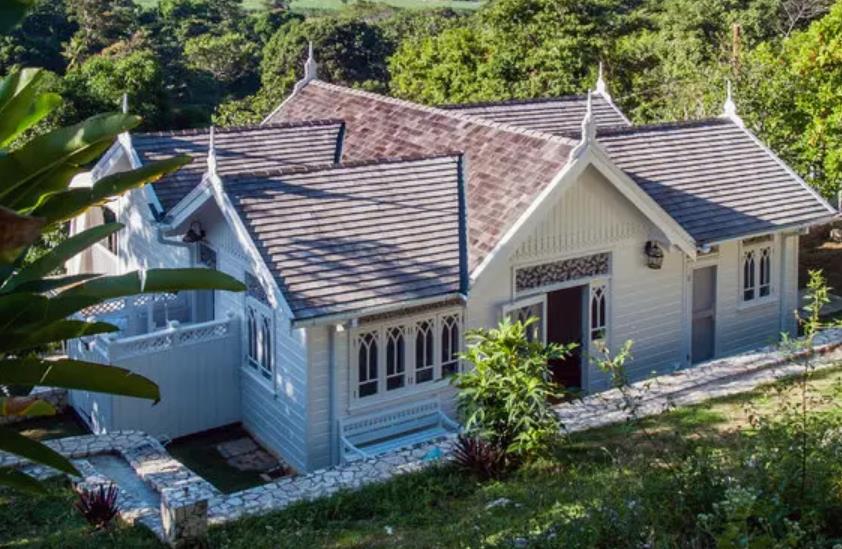
For instance, some government schemes may offer lower down payment options for first-time buyers. It’s advisable to start saving for your down payment about 2-3 years before you plan to buy a property. This gives you ample time to accumulate the required amount and puts you in a favorable position when applying for a mortgage.
How Much Deposit Do You Need For A Mortgage In Jamaica?
The term “deposit” is often used interchangeably with “down payment” in the context of mortgages in Jamaica. However, it’s essential to note that the deposit is part of the down payment.
While the down payment is usually 5-10% of the property’s value, the deposit could be a smaller amount that you pay upfront when making an offer on a property.
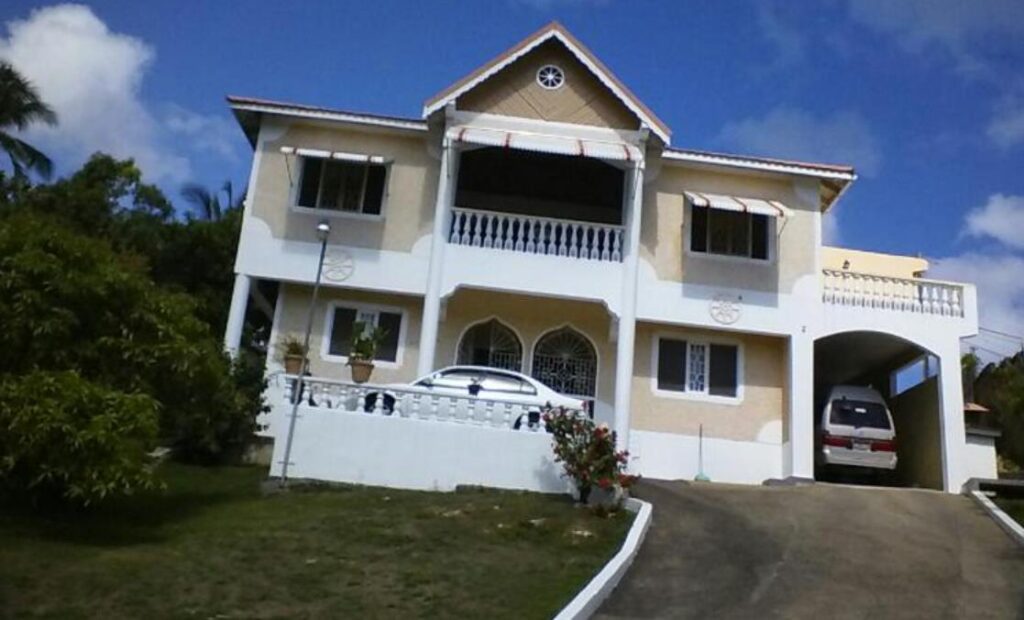
This deposit is generally non-refundable and shows your commitment to the purchase. Some lenders may also require an additional “good faith” deposit, which is refundable if the mortgage application is not approved.
How Long Is A Mortgage In Jamaica?
The duration of a mortgage in Jamaica can vary significantly, but it generally ranges between 5 to 30 years. The length of your mortgage will depend on several factors, including your age, income, and credit rating.
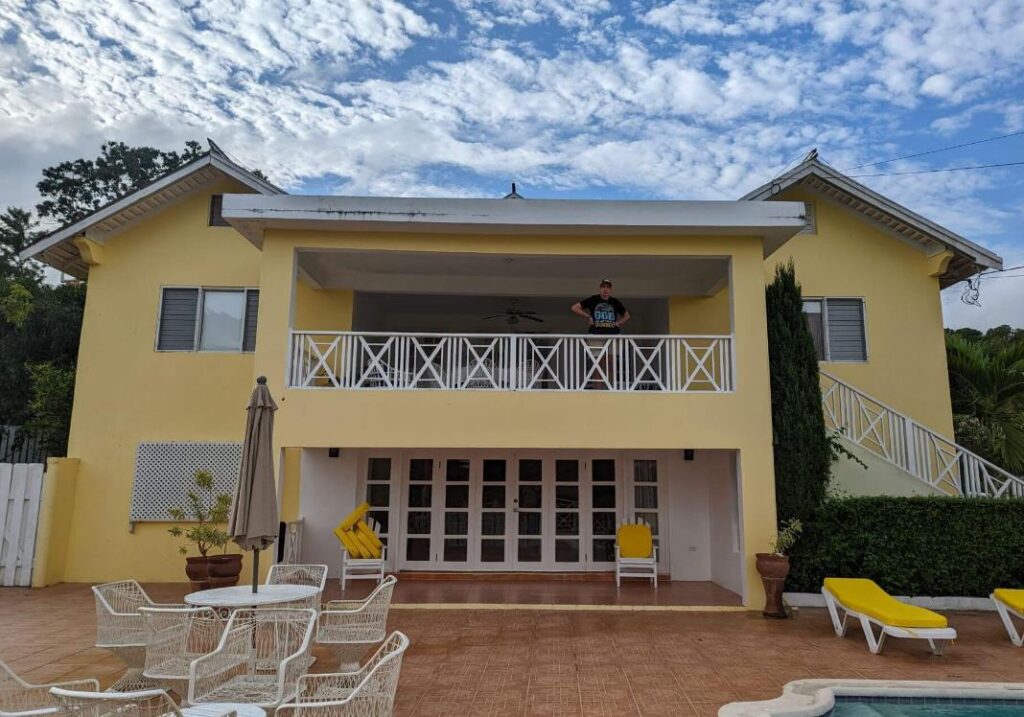
Some lenders offer flexible repayment terms, allowing you to choose a mortgage term that best suits your financial situation. It’s essential to understand that the longer the mortgage term, the more interest you’ll end up paying over the life of the loan. Therefore, it’s advisable to opt for the shortest term you can comfortably afford.
How Do I Take Out A Mortgage In Jamaica?
Taking out a mortgage in Jamaica involves a series of well-defined steps. First, you’ll need to save for a down payment, which is usually 5-10% of the property’s value. Next, get your credit score in shape and research mortgage lenders to find the best offer.
Once you’ve selected a lender, you’ll need to get pre-approved, which involves submitting various documents like your driver’s license, birth certificate, and tax registration number. After pre-approval, you can start property hunting. Once you find a suitable property, make an offer and apply for the mortgage.
You’ll again need to submit several documents, including job letters and payslips. After your application is approved, you’ll receive a Commitment Letter and Offer of Finance, usually within a day, and then you can proceed to close the deal.
Conclusion
So, how does a mortgage work in Jamaica? It’s a structured process that requires meticulous planning, from saving for a down payment to closing the deal. Understanding each step can significantly ease your home-buying journey in Jamaica.
It involves a deep dive into the types of mortgages, the role of credit scores, government schemes, additional costs, and refinancing options. Being well-informed about these aspects can significantly ease your journey in the Jamaican property market.
Frequently Asked Questions
What is the Importance of a Down Payment?
A down payment is a crucial first step in the mortgage process in Jamaica. Typically, you’ll need to save at least 5-10% of the property’s value. The down payment not only reduces the loan amount but also demonstrates your financial commitment to the lender. It’s recommended to start saving for your down payment 2-3 years before you begin your property search.
How Long is a Pre-Approval Letter Valid?
A pre-approval letter is generally valid for three months. This document is essential as it outlines how much you can borrow and puts you in a better negotiating position with sellers. If you’re using a realtor, they will likely ask to see this letter before proceeding with property searches.
What Documents are Required for Loan Application?
For the loan application, you’ll need to submit personal documents, a job letter, and your last three payslips. Additional documents may include Tax Registration Number (TRN), National Insurance Scheme (NIS) Card, and verification of NHT contributions for the last seven years. These documents help the lender assess your financial stability and creditworthiness.
What Happens After Loan Approval?
Once your loan is approved, a Commitment Letter and Offer of Finance are prepared and issued, usually within a day of approval. These documents are your official confirmation and outline the terms of your mortgage. After this, you’re nearing the finish line and all that’s left is to complete the closing process.
Are There Any Additional Costs Involved?
Yes, apart from the down payment and interest rates, there are additional costs like processing fees, legal fees, and valuation fees. Some lenders may also charge a mortgage insurance premium if your down payment is less than 20% of the property’s value. It’s crucial to factor in these costs when planning your budget.
A multifaceted professional, Muhammad Daim seamlessly blends his expertise as an accountant at a local agency with his prowess in digital marketing. With a keen eye for financial details and a modern approach to online strategies, Daim offers invaluable financial advice rooted in years of experience. His unique combination of skills positions him at the intersection of traditional finance and the evolving digital landscape, making him a sought-after expert in both domains. Whether it’s navigating the intricacies of financial statements or crafting impactful digital marketing campaigns, Daim’s holistic approach ensures that his clients receive comprehensive solutions tailored to their needs.








